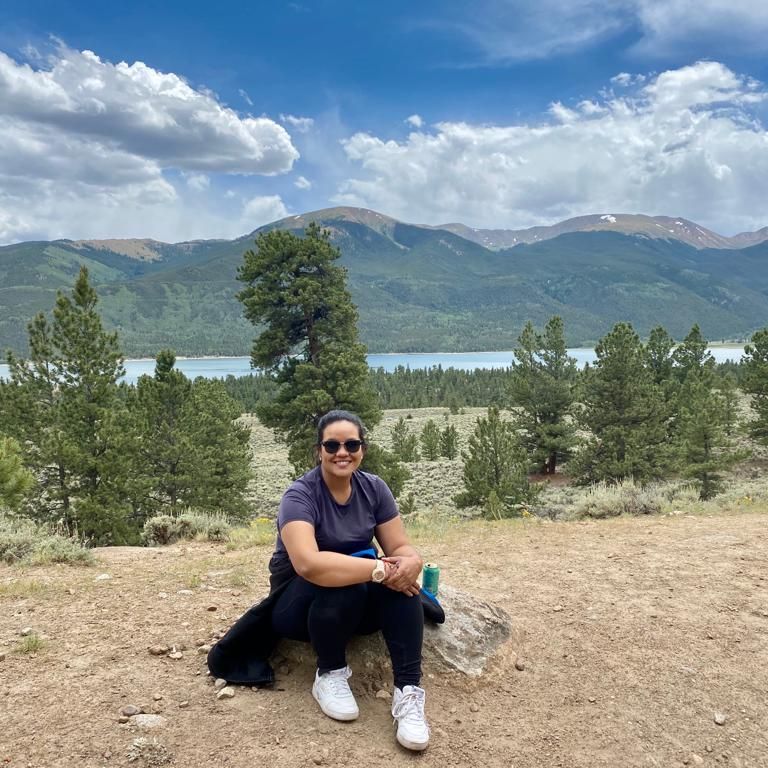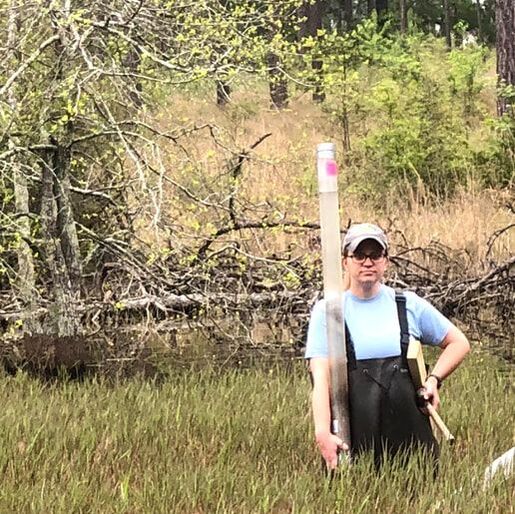My understanding of the term “ecohydrology” has evolved over time. Earlier in my career I mostly associated this term with water-vegetation relationships in water-limited ecosystems, but it has broadened to encompass any research that involves linkages between hydrology and ecological or biogeochemical processes. In truth, this results in quite a bit of overlap between hydrology and ecohydrology because with only certain exceptions can hydrology be studied in isolation from ecological processes.
What are your undergraduate and graduate degrees in?
My undergraduate degree was in Earth Sciences from Dartmouth College, and my M.S. and Ph.D. were in Environmental Sciences from the University of Virginia.
How did you arrive at working in/thinking about ecohydrology?
When I first began my Ph.D. work, I was fortunate enough to participate in the Southern African Regional Science Initiative (SAFARI 2000) project. It was a great opportunity to work alongside world-class scientists in a field setting (the Kalahari region of southern Africa), an environment in which the linkages between water availability and vegetation processes are very evident.
What do you see as an important emerging area of ecohydrology?
There’s a lot of potential for research viewing ecohydrology as an optimization problem. For example, this includes strategies for maximizing carbon gain while minimizing water loss at both the individual and ecosystem levels, how this is expressed at the watershed scale, and how this changes over time with rising CO2 levels, increased temperatures, and altered precipitation patterns.
Do you have a favorite ecohydrology paper? Describe/explain.
I’ll stick with a classic, by my post-doc advisor Ignacio Rodriguez-Iturbe: “Ecohydrology: A hydrologic perspective of climate-soil-vegetation dynamics” (Water Resources Research 36(1), 3-9, 2000). At least to me, this paper really defined the subdiscipline and laid out a very in influential vision for future research.
What do you do for fun (apart from ecohydrology)?
I enjoy playing basketball at lunchtime, when I can get to the gym. I have four kids who are involved in a lot of activities, so I do a lot of driving around and watching soccer games.




 RSS Feed
RSS Feed